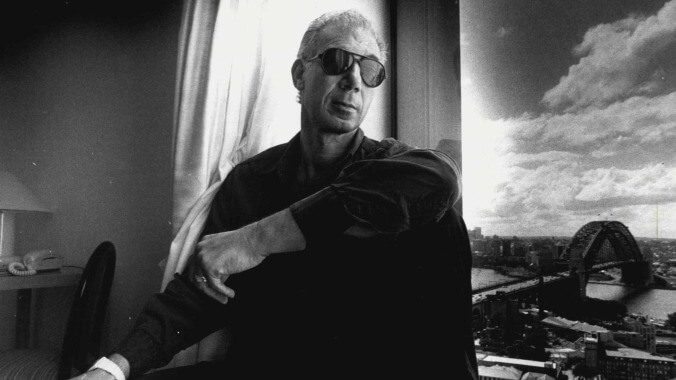R.I.P. Bob Rafelson, co-creator of The Monkees and director of Five Easy Pieces
Rafelson was also known for producing Easy Rider and The Last Picture Show

Film legend and frequent Jack Nicholson collaborator Bob Rafelson, director of Five Easy Pieces, has died, according to Variety. His death was confirmed by longtime personal assistant Jolene Wolff, who shared that Rafelson passed away peacefully surrounded by family at his home in Aspen, Colorado. He was 89 years old.
Rafelson began his career in television, most notably co-creating The Monkees with producing partner Bert Schneider. The duo won an Emmy for Outstanding Comedy Series for the show in 1967. After The Monkees series ended in 1968, Rafelson directed the group in his first feature film, Head, which was co-written by Nicholson.
It marked the first of many collaborations between the two artists, the most significant of which was Rafelson’s follow-up film, Five Easy Pieces, which he co-wrote with Carole Eastman. That movie earned four Oscar nominations, including a Best Actor nod for Nicholson. They would go on to work together on Rafelson’s films The King Of Marvin Gardens (1972), The Postman Always Rings Twice (1981), Man Trouble (1992), and Blood And Wine (1996).
Rafelson also made significant contributions to film as a producer under his banner with Schneider, Raybert Productions (later BBS Productions). They produced Dennis Hopper’s directorial debut Easy Rider (which earned Nicholson a Best Supporting Actor nomination) and Peter Bogdanovich’s The Last Picture Show.
Per The Los Angeles Times, Rafelson is survived by wife Gabrielle Taurek, sons Peter, E.O., and Harper, and his daughter-in-law Karen.
“He liked to push the boundaries in every area of his life. He didn’t have patience for the mundane, and … he never liked to be told what to do … When studios would insist he do something, he wanted to do the opposite,” Taurek told The Times. “He made films that mattered to him on a personal, emotional, intellectual level. He never wanted to do any kind of blockbuster movie. He never wanted to be part of the crowd.”